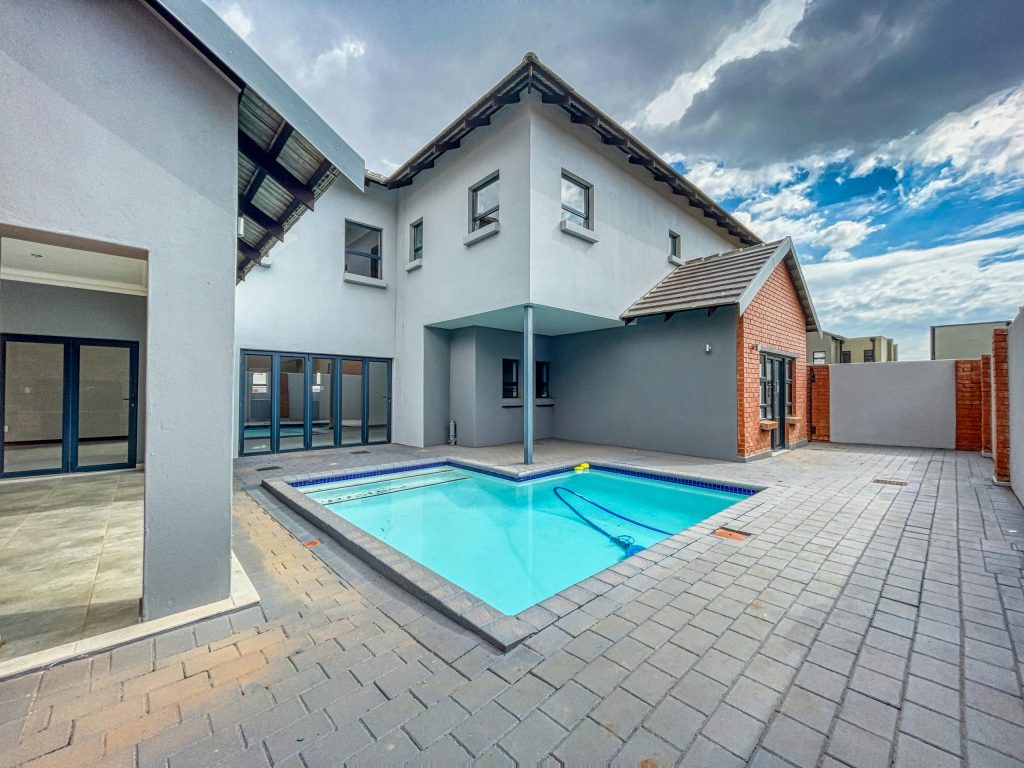Overview
In the ever-fluctuating world of real estate, mortgage rates can change dramatically from one day to the next. For prospective homeowners, timing can be everything when it comes to securing a favorable mortgage. Locking in your mortgage rate is a strategic decision that can safeguard you against rising interest rates, providing both peace of mind and financial benefits. In this article, we’ll explore the advantages of locking in your mortgage rate, the best times to consider it, and strategies to make the most of this decision.
Understanding Mortgage Rate Locks
A mortgage rate lock is a guarantee from your lender that your interest rate will remain fixed for a specified period, usually until your mortgage closes. This means that if interest rates rise during this period, you won’t be affected. Conversely, if rates drop, you may feel tempted to let your lock expire to take advantage of lower rates. However, the potential risks associated with waiting can outweigh the benefits.
Benefits of Locking in Your Rate
1. Protection Against Rising Rates
The most significant advantage of locking in your mortgage rate is the protection it offers against rising interest rates. When economic indicators suggest that rates might increase, locking in a low rate can save you thousands over the life of your loan. For instance, even a small increase in interest rates can lead to a substantial rise in monthly payments, making your home more expensive in the long run.
2. Financial Predictability
Locking in your rate provides a level of financial predictability that can be invaluable for budgeting. With a fixed rate, you know exactly how much your monthly payment will be, allowing you to plan your finances more effectively. This predictability can alleviate some of the stress associated with home buying, especially for first-time buyers who may be unfamiliar with the complexities of mortgage financing.
3. Confidence in Your Purchase
The home buying process can be daunting, with numerous factors contributing to decision-making. Locking in your mortgage rate can provide a sense of security and confidence, knowing that you have secured a favorable rate regardless of market fluctuations. This confidence can enable you to focus on other aspects of your home purchase, such as finding the right property or negotiating terms.
Timing Your Rate Lock
1. Market Trends
Understanding market trends is crucial when deciding to lock in your mortgage rate. Mortgage rates are influenced by various economic factors, including inflation, employment rates, and the Federal Reserve’s monetary policy. Keeping an eye on these trends can help you identify the best time to lock in your rate.
For instance, if you notice that rates are consistently climbing, it may be wise to lock in sooner rather than later. Conversely, if rates have recently dropped and appear stable, you might choose to wait. Consulting with a knowledgeable mortgage broker can provide insights into current market conditions.
2. Loan Processing Time
Consider the timeline for your mortgage application and processing. Most rate locks last for 30 to 60 days, so if you anticipate that your mortgage will close within that timeframe, locking in can be advantageous. However, if your closing is several months away, you may want to explore longer lock options, which can sometimes extend to 90 days or more.
Strategies for Locking in Your Rate
1. Monitor Rates Regularly
Regularly monitoring mortgage rates will allow you to make informed decisions. Many lenders provide rate alerts that notify you when rates change. This way, you can seize opportunities when rates dip or are about to rise.
2. Communicate with Your Lender
Maintaining open communication with your lender is essential. Discuss your options, including the possibility of extending your lock if rates fluctuate dramatically during the processing of your loan. Some lenders offer a “float down” option that allows you to take advantage of lower rates while still locking in a rate.
3. Consider Your Personal Situation
Your financial situation and homebuying timeline should dictate your locking strategy. If you’re purchasing a home in a competitive market, securing a lock early can provide a competitive advantage. If you’re unsure about your financial stability, locking in a lower rate can also provide peace of mind.
Conclusion
Locking in your mortgage rate can be a wise financial strategy in an unpredictable market. By protecting yourself against rising rates, providing financial predictability, and fostering confidence in your home purchase, a rate lock can serve as a valuable tool in your home-buying journey. Understanding the timing and strategies for locking in your rate is essential to making an informed decision that aligns with your financial goals. As you navigate the complexities of securing a mortgage, remember that the right timing and approach can make all the difference in achieving your dream of homeownership.

